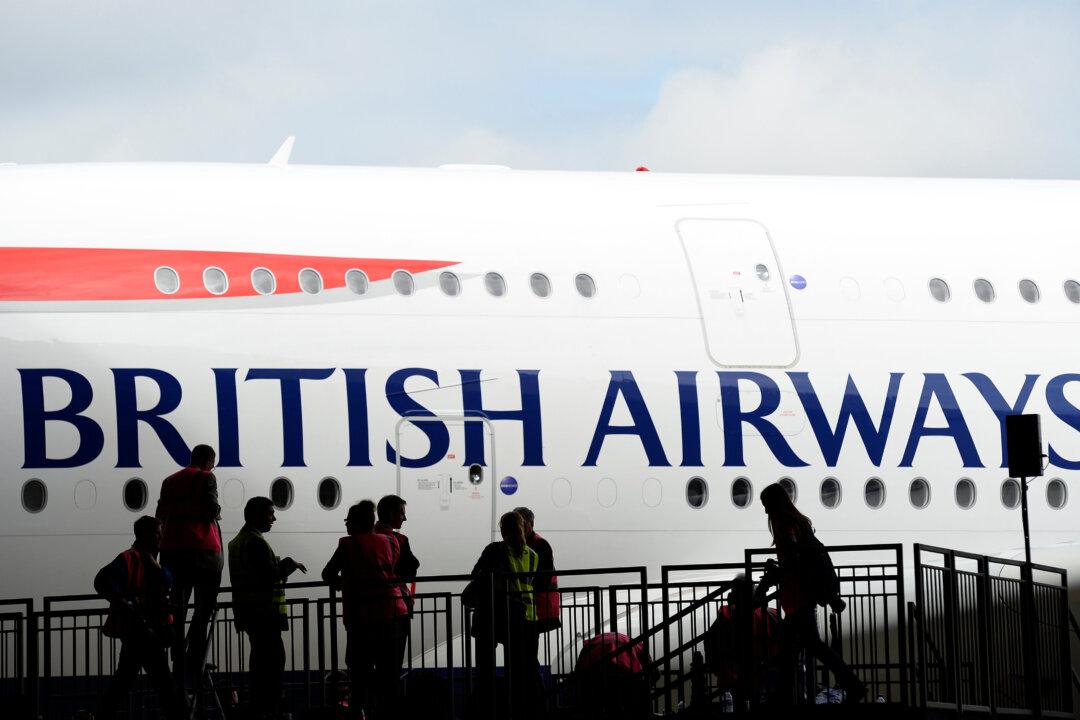The director general of the International Air Transport Association (IATA) blamed the UK government for implementing excessive and non-scientific travel restrictions immediately upon hearing the news of the Omicron variant.
“We are going to have more of them [variants]. We can’t keep shutting down aviation and shutting down economies when, in reality, it’s not providing any measures to restrict the transmission of the virus and, more importantly, it’s doing huge damage to the industry,” said Willie Walsh at a media briefing on Wednesday.





